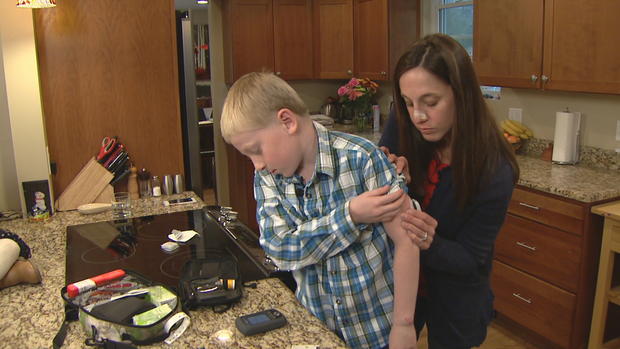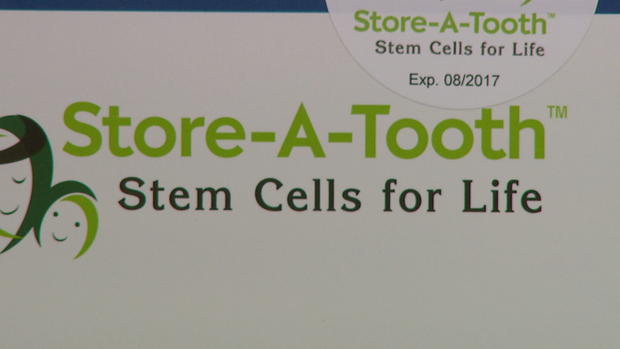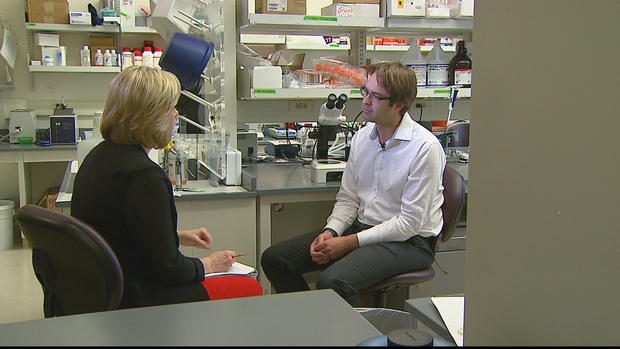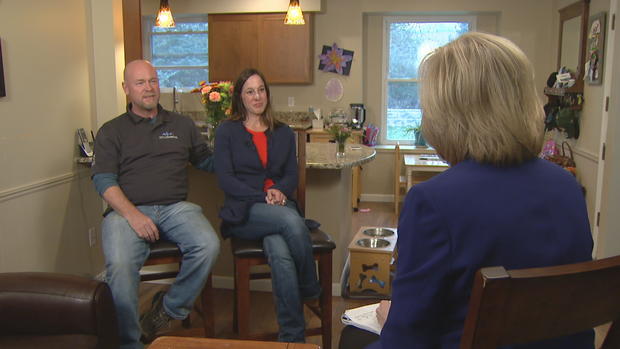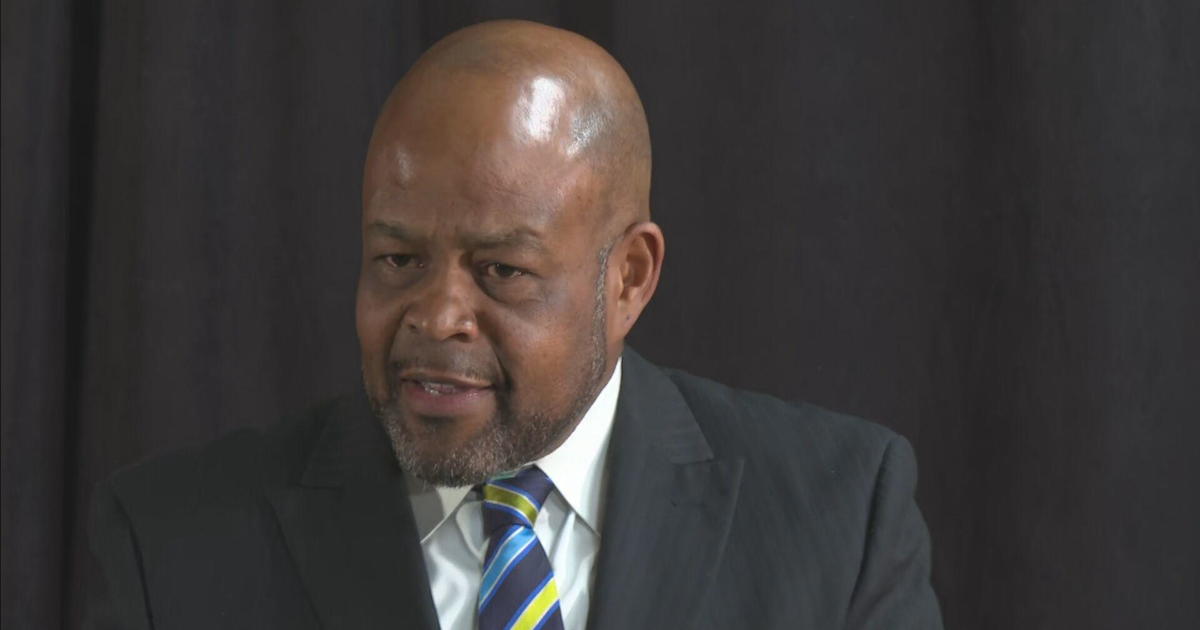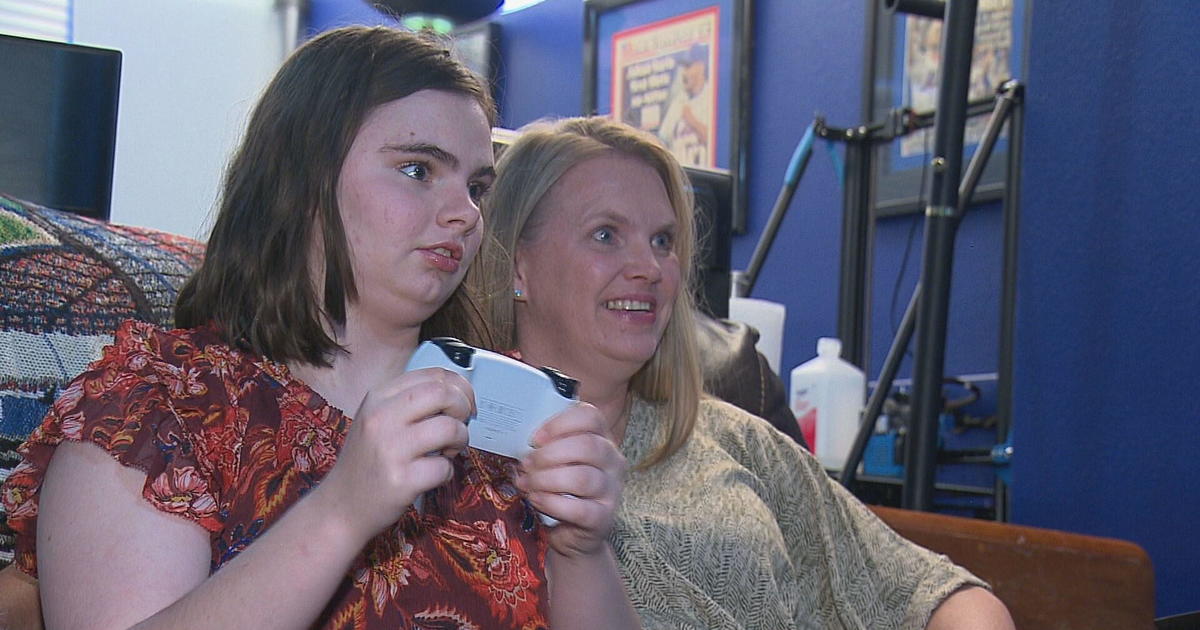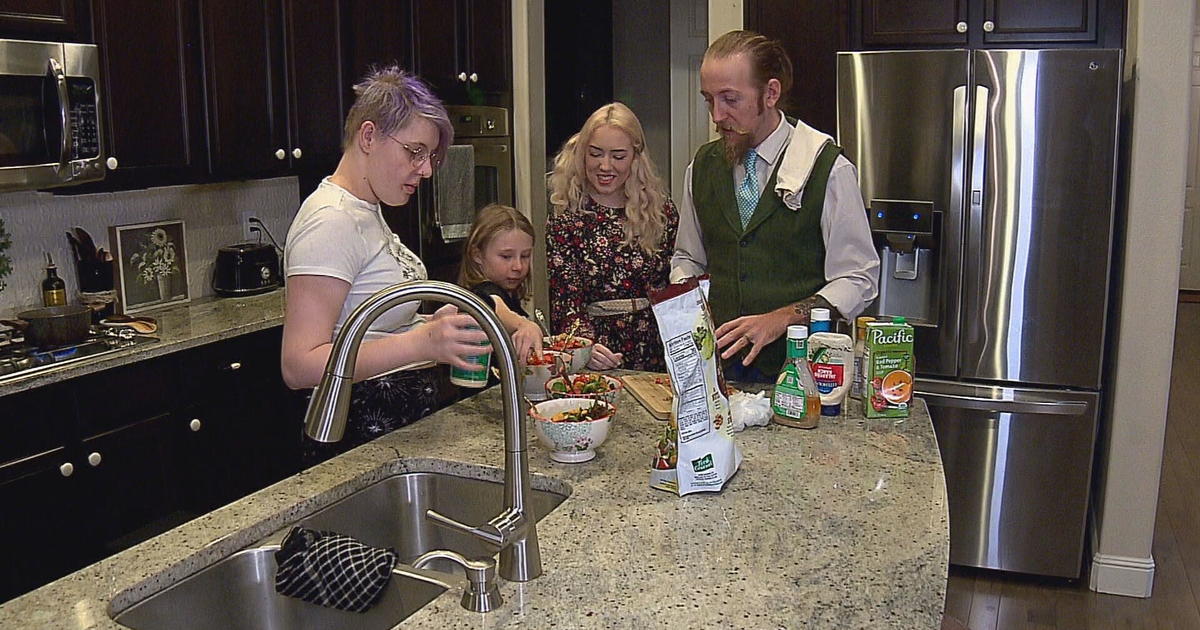Stem Cells Stored In Baby Teeth Could Help Unlock Cure For Diseases
By Kathy Walsh
DENVER (CBS4)- For years, parents have been paying to store their children's umbilical cord blood. Research has shown the stem cells have the potential to treat diseases later in life. But if you missed storing cord blood, there is another option.
Parents, like Jennifer and John Hess of Lakewood, are banking on the lifesaving potential in baby teeth.
Nine-year-old Alex Hess has Type 1 diabetes.
"I don't really remember life without it," Alex told CBS4 Health Specialist Kathy Walsh.
Alex was diagnosed at the age of 4. His parents knew it was chronic and concerning.
"When you have Type 1 diabetes you can lose your eyesight, feeling in your feet, your legs," said Alex's mother, Jennifer.
Jennifer Hess read about promising research using stem cells to find a cure for Type 1. The Hess' hadn't banked Alex's umbilical cord blood, but Jennifer found another avenue.
"You can get stem cells out of baby teeth," said Jennifer.
Alex's dentist used a kit called Store-A-Tooth. Two years ago, he pulled four of the boy's baby teeth, packaged them up and shipped them off to be stored in a cryopreservation facility.
Pediatric dentist, Dr. Jesse Witkoff, has done the same for a young patient.
"It's nice to be able to have that option," said Dr. Witkoff of A Wild Smile Dentistry in Stapleton. "We don't have treatment for certain things today, but that doesn't mean we won't have them tomorrow."
Dr. Richard Benninger, an Assistant Professor in Bioengineering and Pediatrics at University of Colorado Hospital, is all for storing baby teeth.
"I think that's a very good idea, particularly, if they didn't have a chance to store the cord blood," said Dr. Benninger.
Benninger focuses on developing therapies for diabetes.
"Researchers have recently, in the past two or three years, made insulin producing cells from dental pulp cells," he added.
Benninger called it "very exciting and promising" and said he believes there could well be a cure for diabetes in Alex Hess' lifetime.
On the Store-A-Tooth website, the company points out in addition to Type 1 diabetes, stem cells are being studied to " ... treat spinal cord injury, stroke, heart attack, corneal damage and neurological diseases like Parkinson's, to name just a few."
Store-A-Tooth services can initially cost from $849 to $1,749. Storage fees are $120 a year.
Jennifer and John Hess consider storing Alex's teeth an insurance policy.
"When they do get the cure, you certainly want to be able to partake in that," said John Hess, Alex's father.
"Hopefully when he's my age, he'll no longer have diabetes," added Jennifer Hess.
When asked if he thought the stem cells from his teeth could save his life someday, Alex said, "Maybe, possibly."
Kathy Walsh is CBS4's Weekend Anchor and Health Specialist. She has been with CBS4 for more than 30 years. She is always open to story ideas. Follow Kathy on Twitter @WalshCBS4.
